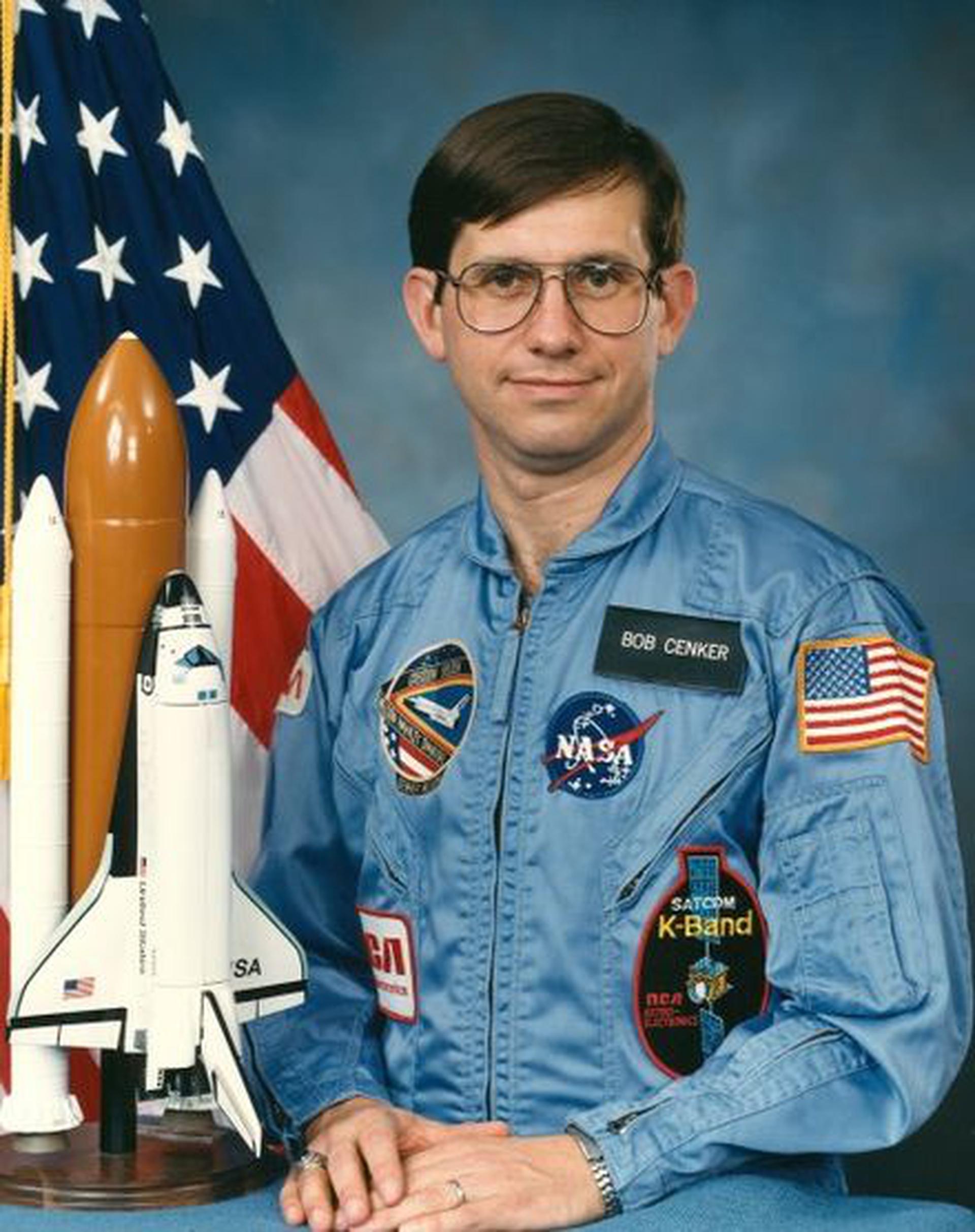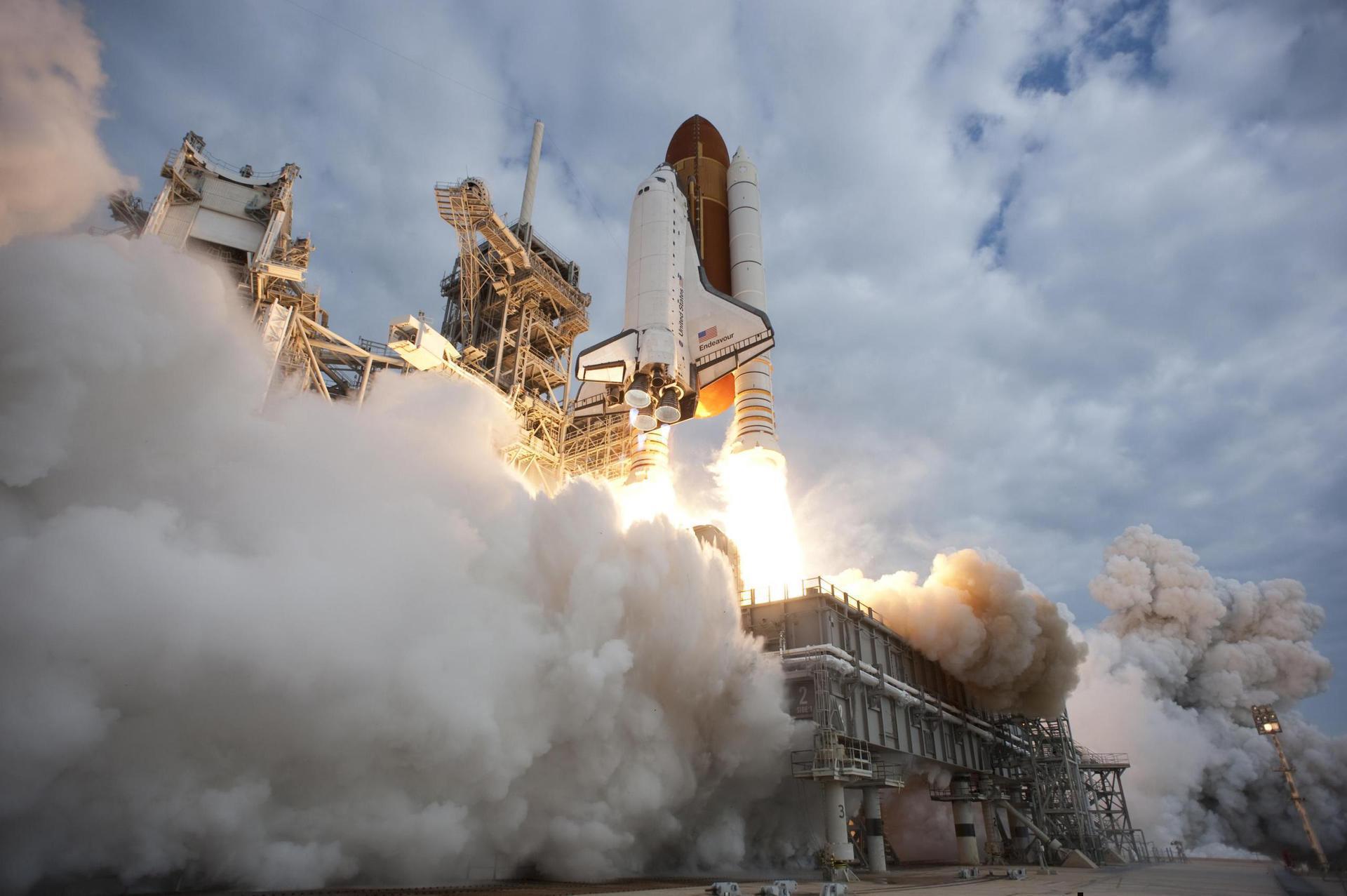Robert J. Cenker
American - (NASA)
Retired
Date of Birth: Nov. 5, 1948
Age: 77
Robert Joseph "Bob" Cenker (born November 5, 1948) is an American aerospace and electrical engineer, aerospace systems consultant, and former astronaut. Cenker worked for 18 years at RCA Astro-Electronics, and its successor company GE Astro Space, on a variety of spacecraft projects. He spent most of his career working on commercial communications satellites, including the Satcom, Spacenet and GStar programs. In January 1986, Cenker was a crew member on the twenty-fourth mission of NASA's Space Shuttle program, the seventh flight of Space Shuttle Columbia, designated as mission STS-61-C. Cenker served as a Payload Specialist, representing RCA Astro-Electronics. This mission was the final flight before the Challenger disaster, which caused the Space Shuttle program to be suspended until 1988, and impacted NASA's Payload Specialist program for even longer. As a result, Cenker's mission was called "The End of Innocence" for the Shuttle program. Following the completion of his Shuttle mission, Cenker returned to work in the commercial aerospace field. Since his flight, he has made numerous public appearances representing NASA and the Shuttle program, in the United States, as well as internationally.
Space Shuttle Columbia / OV-102 | STS-61-C
National Aeronautics and Space Administration | United States of AmericaKennedy Space Center, FL, USA
Jan. 12, 1986, 11:55 a.m.
Status: Success
Mission:
STS-61-C was the twenty-fourth mission of the shuttle program and the seventh of the Space Shuttle Columbia. The mission included the second African-American shuttle pilot, future NASA Administrator Charles Bolden, the first Costa Rican born astronaut and the second sitting politican to fly in space: Bill Nelson.
Low Earth OrbitThe National Aeronautics and Space Administration is an independent agency of the executive branch of the United States federal government responsible for the civilian space program, as well as aeronautics and aerospace research. NASA have many launch facilities but most are inactive. The most commonly used pad will be LC-39B at Kennedy Space Center in Florida.
Falcon 9
Starlink Group 17-23
Space Launch Complex 4E - Vandenberg SFB, CA, USAA batch of 25 satellites for the Starlink mega-constellation - SpaceX's project for space-based Internet communication system.
Electron
That's Not A Knife (DART AE)
Rocket Lab Launch Complex 2 (Launch Area 0 C) - Wallops Flight Facility, Virginia, USAPayload is a scramjet-powered hypersonic vehicle developed by by Australian company Hypersonix.
Falcon 9
Starlink Group 6-108
Space Launch Complex 40 - Cape Canaveral SFS, FL, USAA batch of 29 satellites for the Starlink mega-constellation - SpaceX's project for space-based Internet communication system.
Falcon 9
Starlink Group 17-26
Space Launch Complex 4E - Vandenberg SFB, CA, USAA batch of 25 satellites for the Starlink mega-constellation - SpaceX's project for space-based Internet communication system.
Falcon 9
Starlink Group 6-110
Space Launch Complex 40 - Cape Canaveral SFS, FL, USAA batch of 29 satellites for the Starlink mega-constellation - SpaceX's project for space-based Internet communication system.



